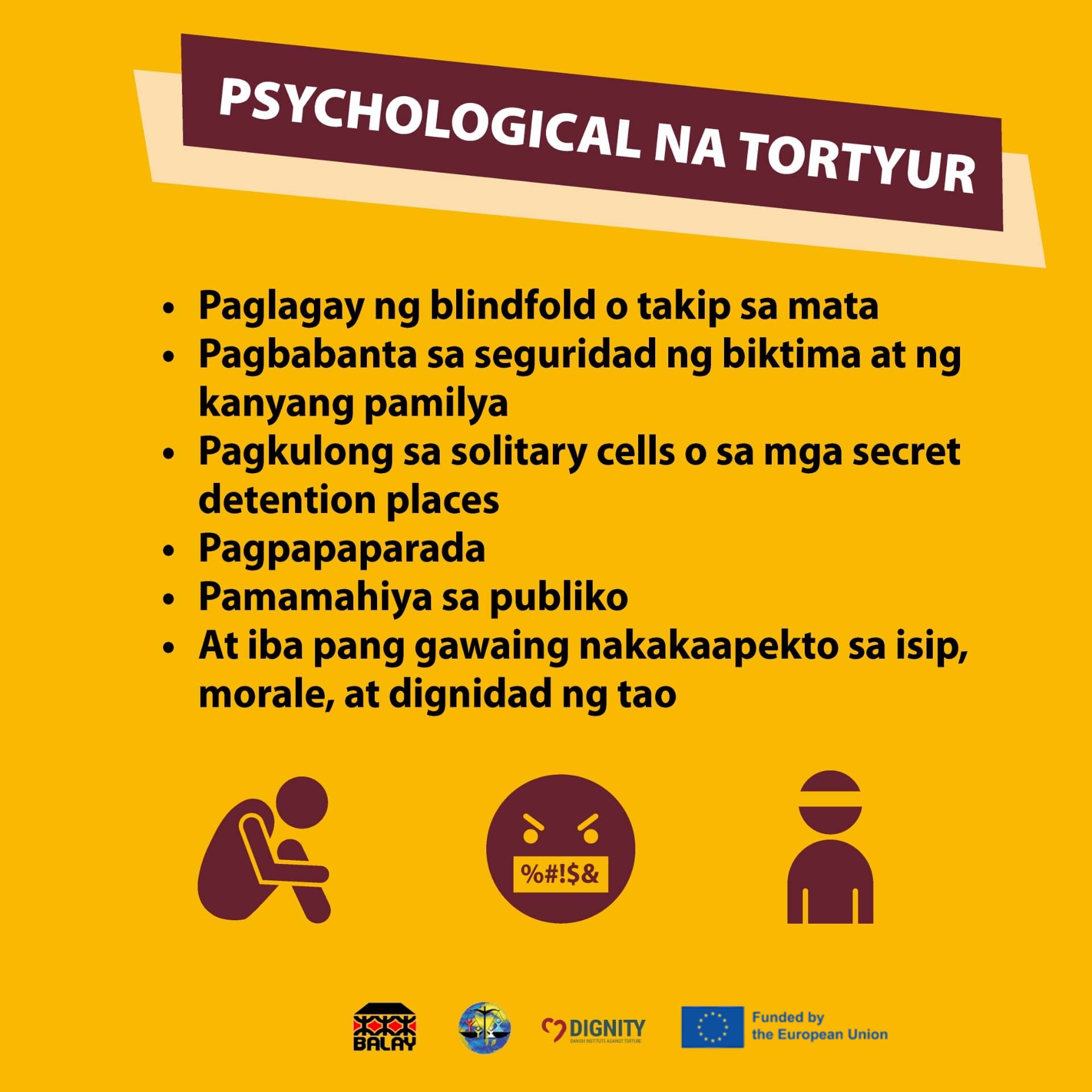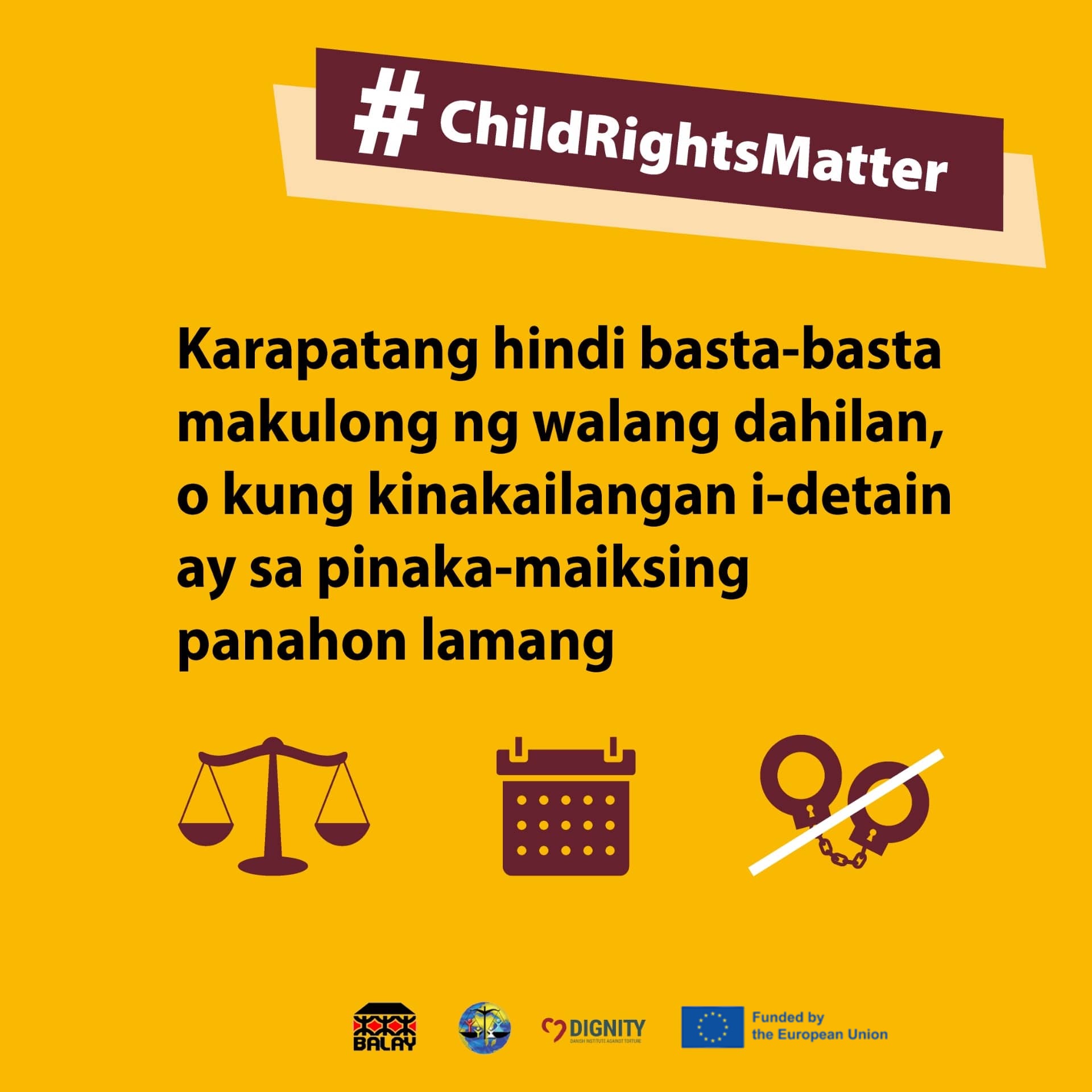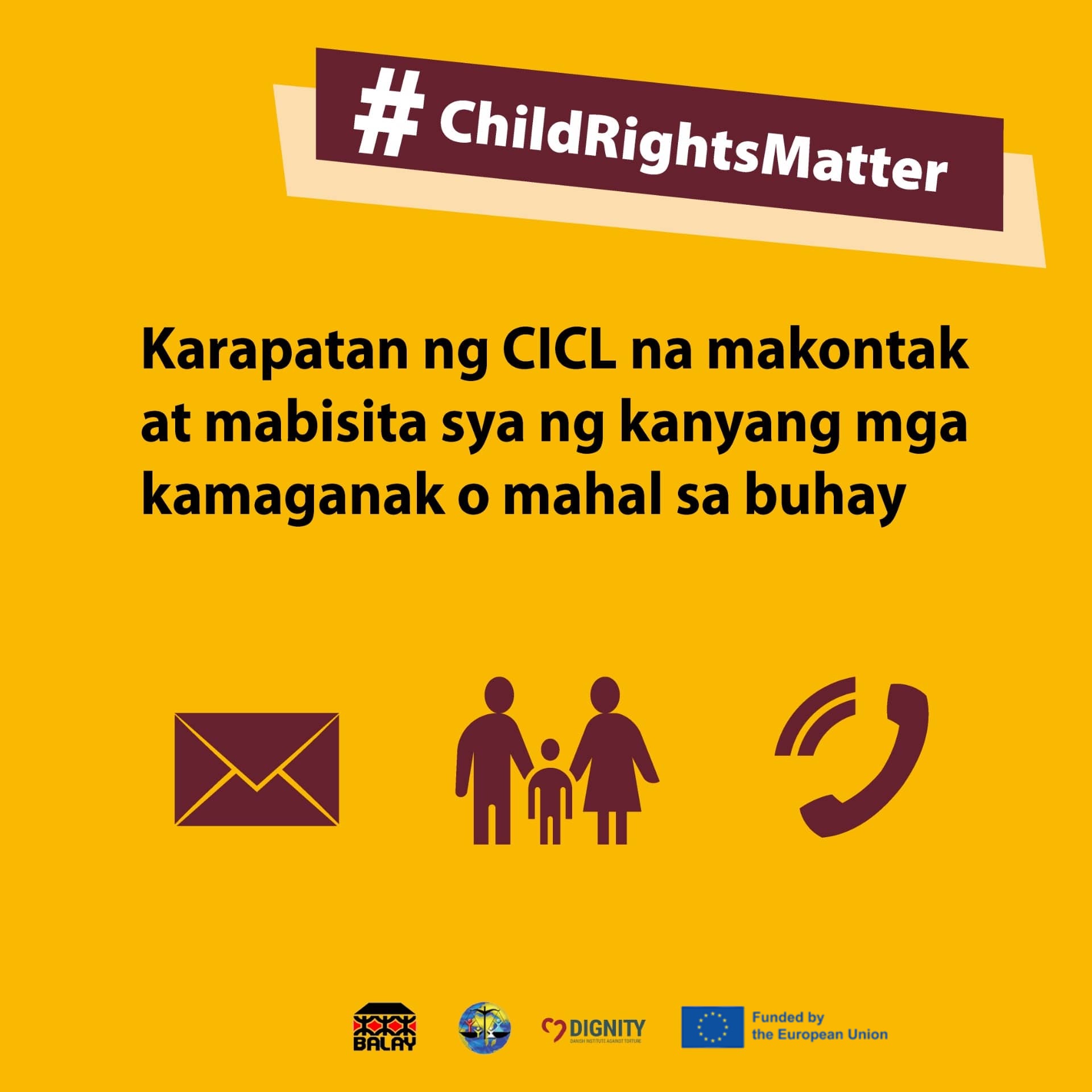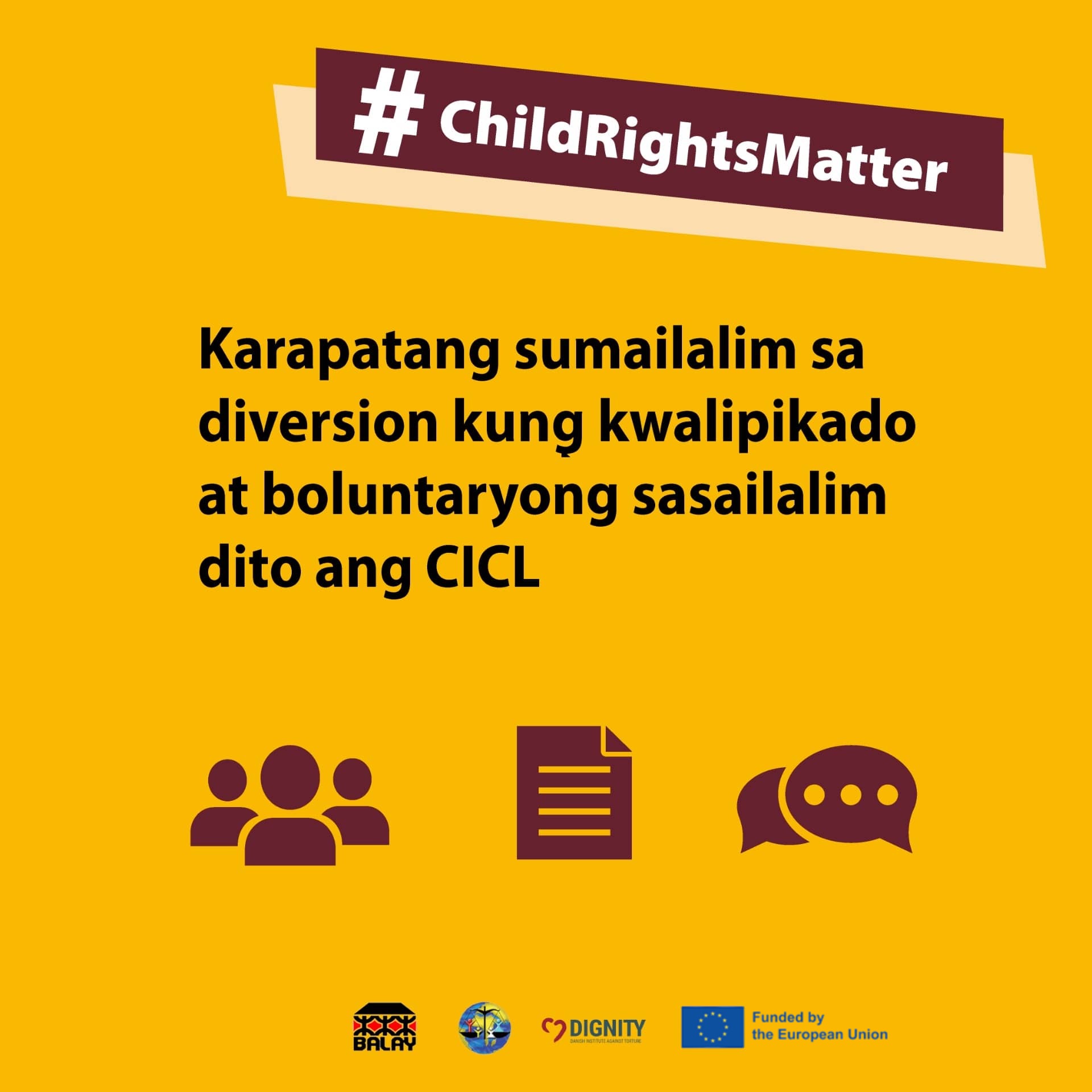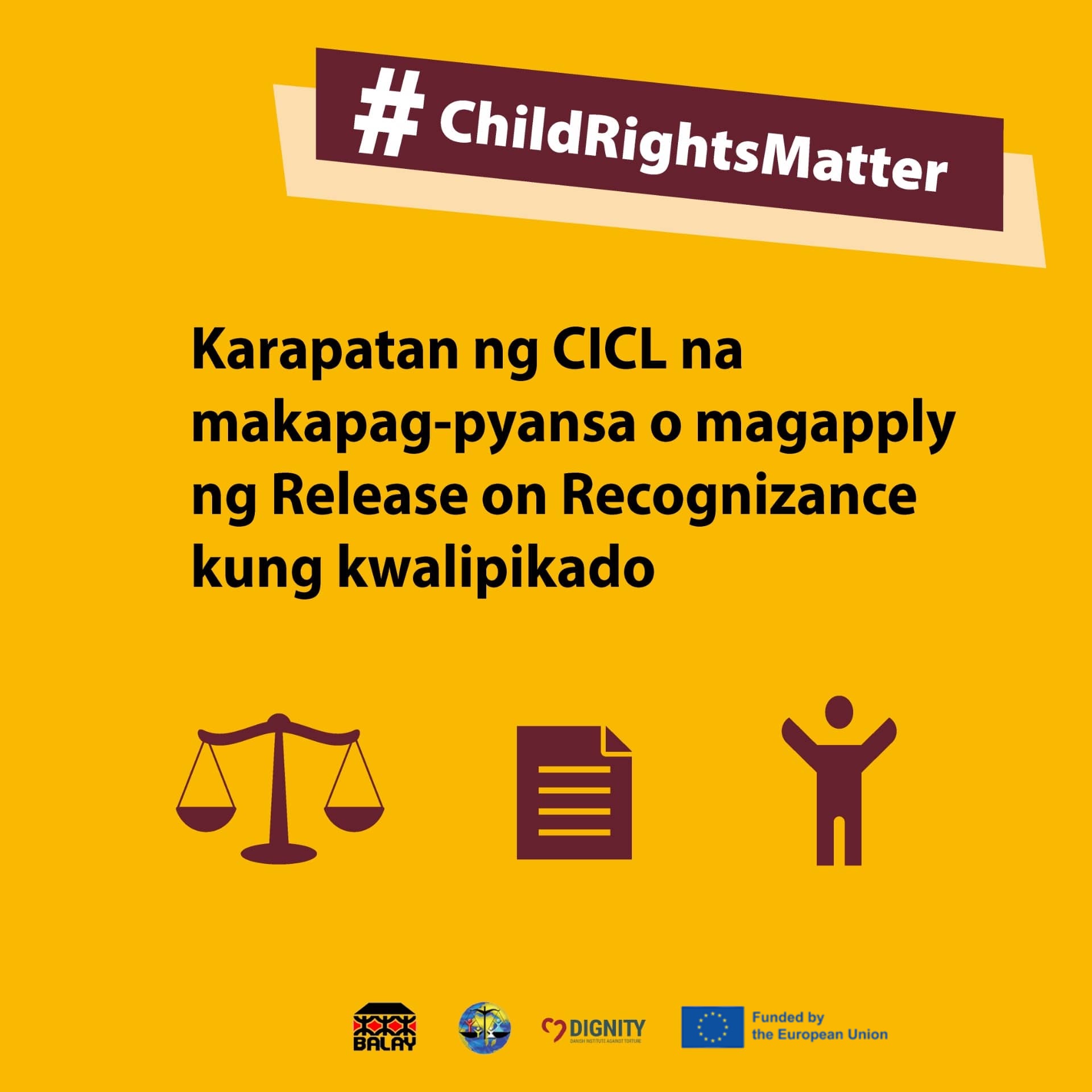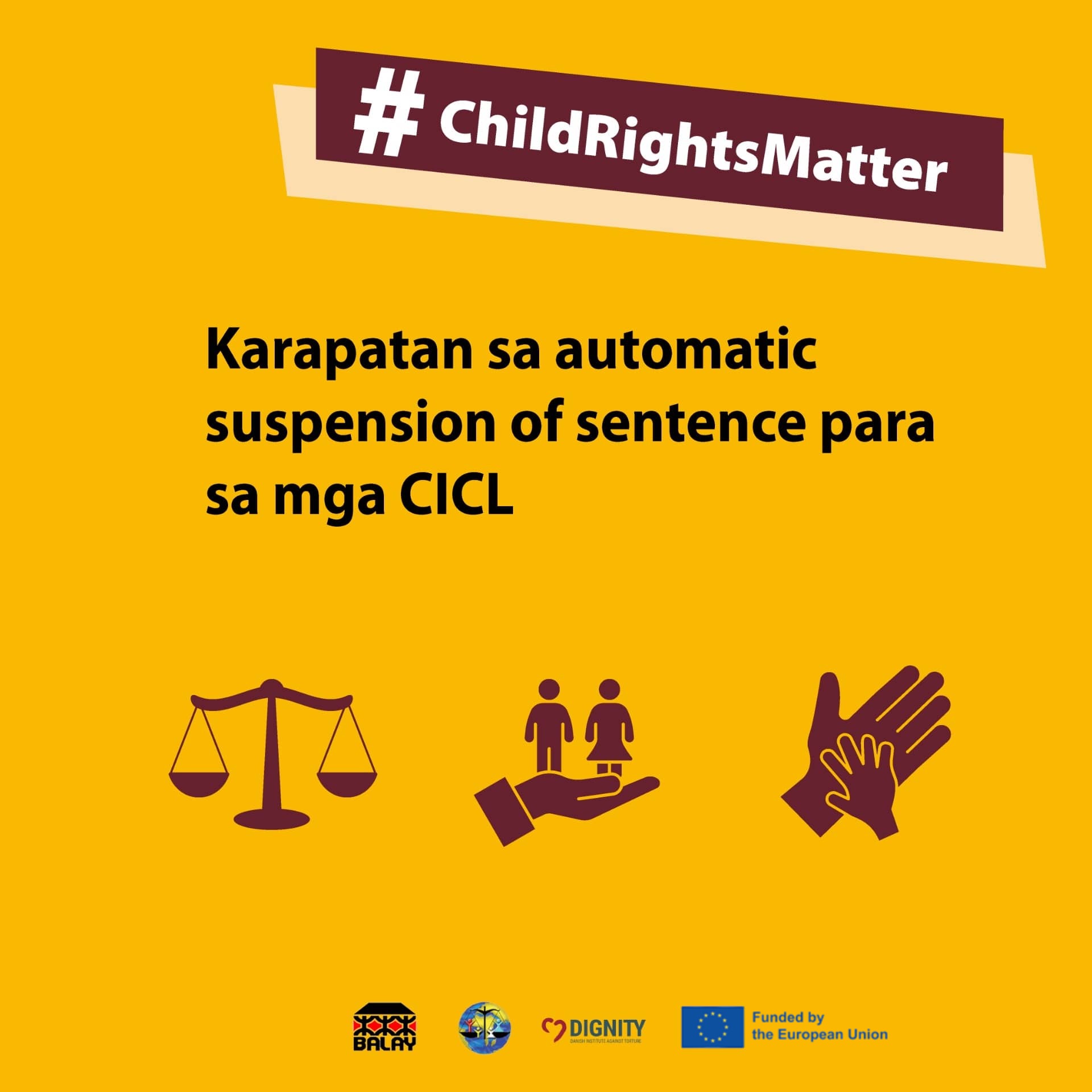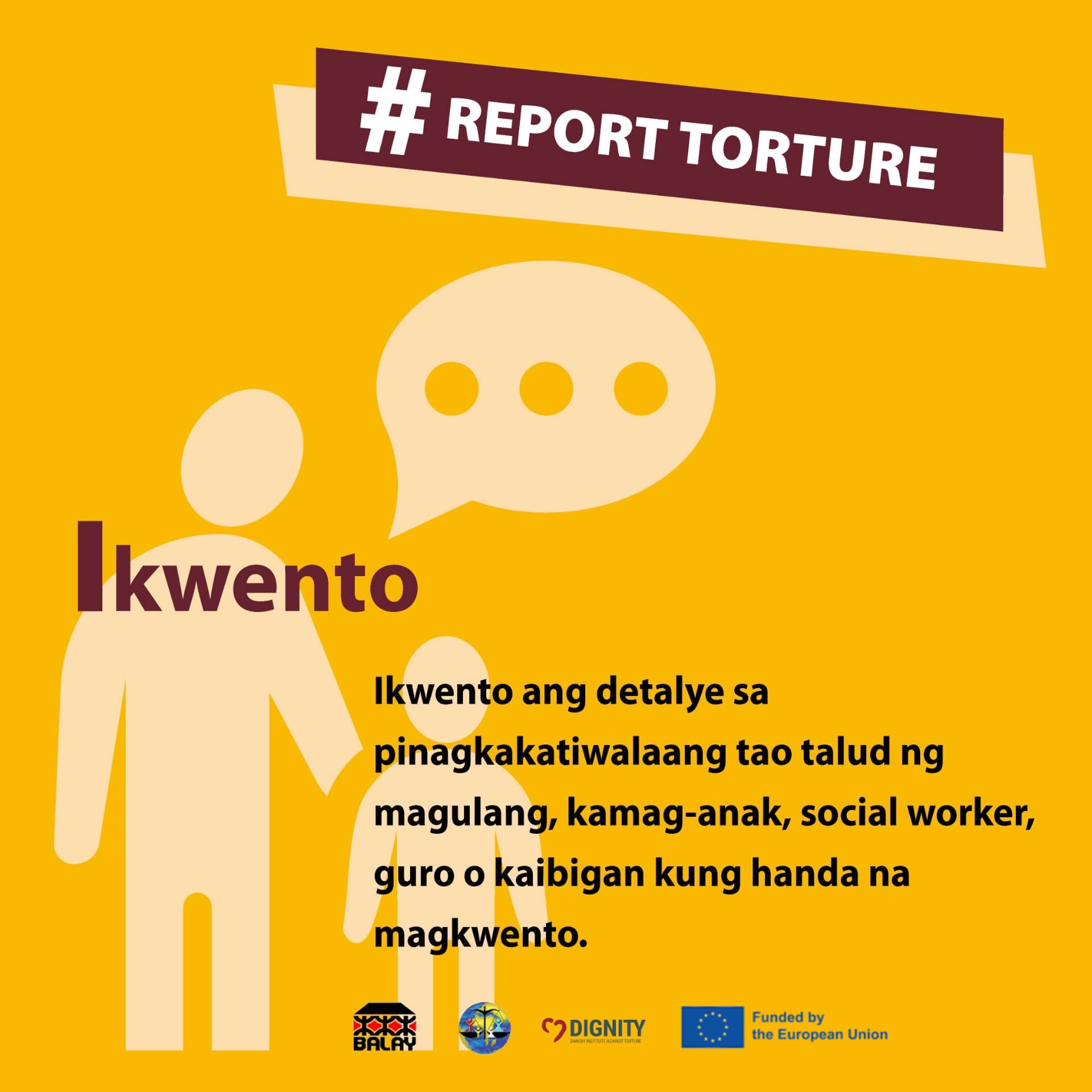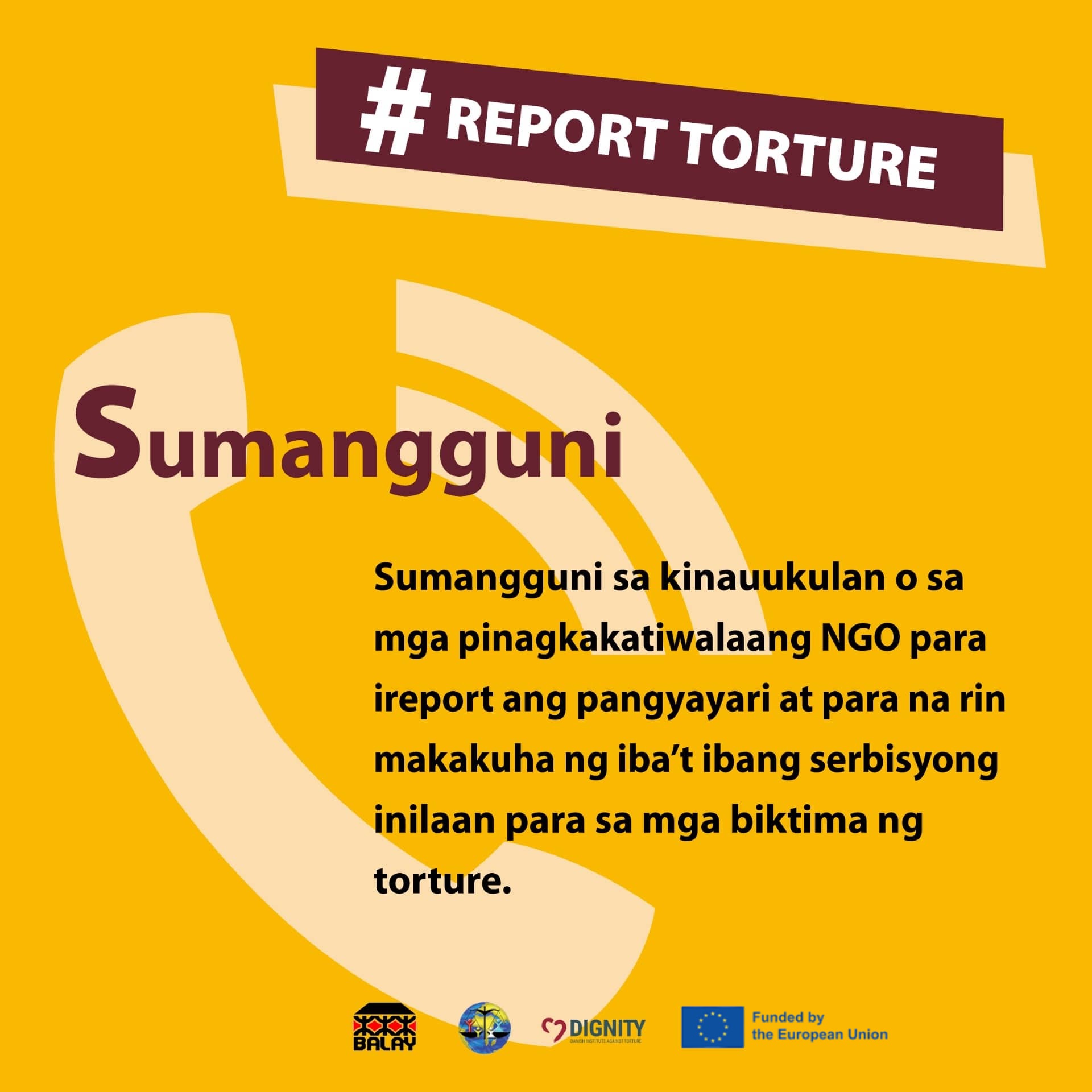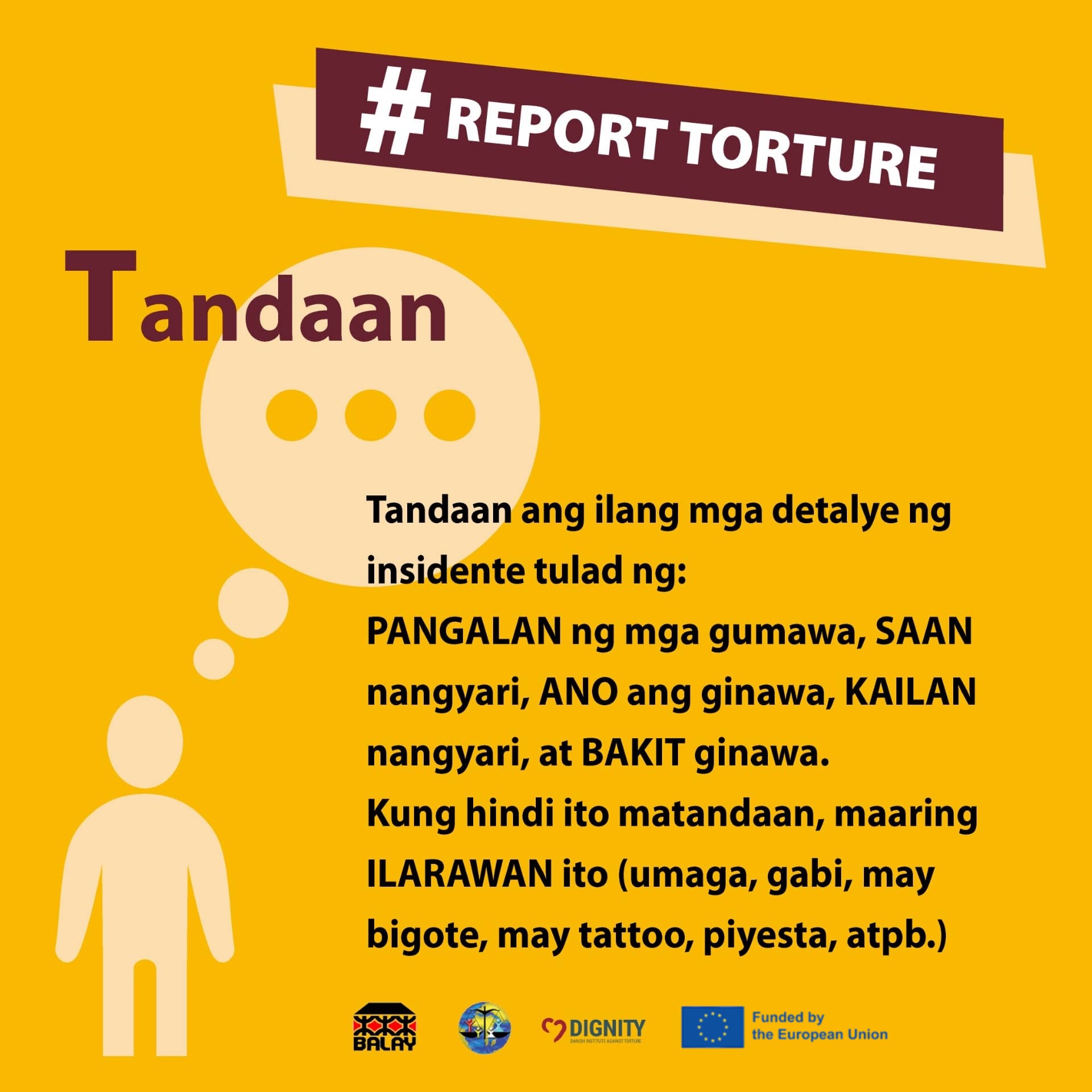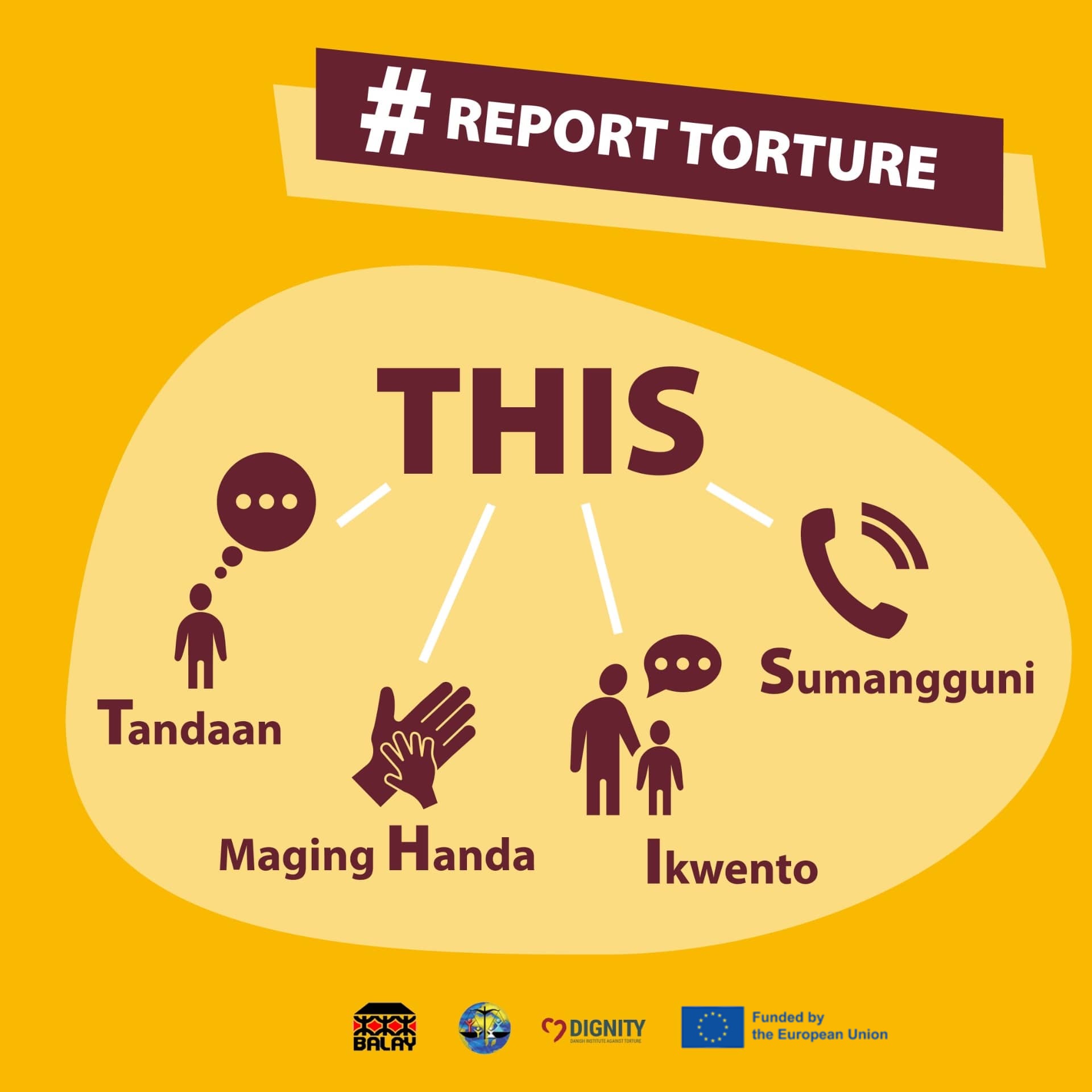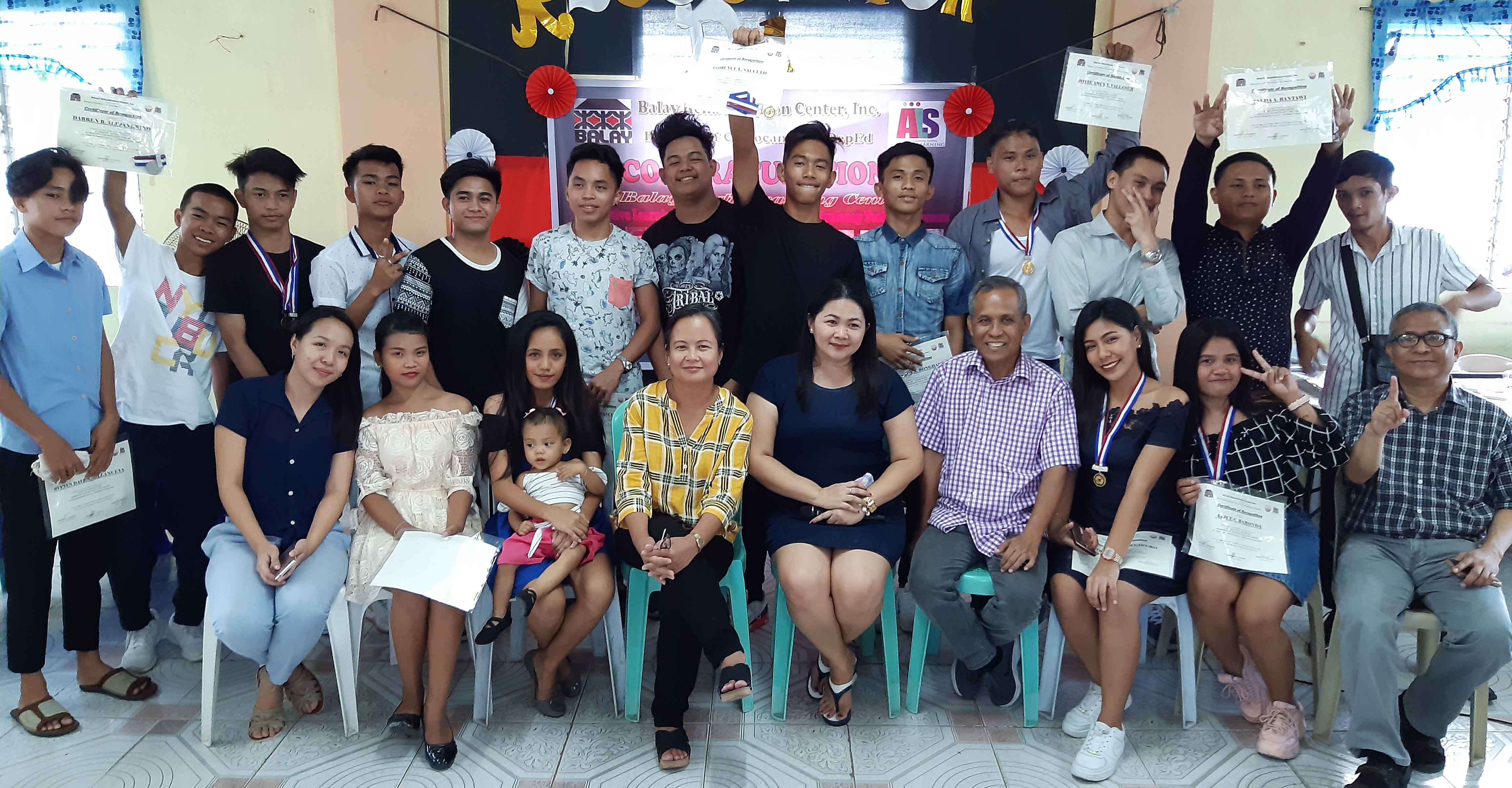Prospects and Retrospects
Phenomenal indeed as in the previous years, the internally displaced persons took center stage once again in year 2003. An emergency situation erupted in the first quarter of the year in the southern part of the Philippines. This was the result of a series of armed confrontation between the government military forces and the Moro Islamic Liberation Front (MILF) that led to yet another mass exodus of 415,233 persons or 82,012 families.
As a humanitarian response, BALAY lend assistance to five evacuation centers in Pikit, North Cotabato. It also provided emergency food support to around 6,000 displaced civilians in Damulog, Bukidnon; Carmen, North Cotabato; Tupi, Maguindanao; Paagalungan and Pagagawan in Maguindanao; and Lanao del Sur. The objective was to provide immediate assistance with the goal of helping to save lives, mitigate the suffering of affected peoples, lessen the risk of fatalities and contribute to the prevention of further deterioration of the situation.
Living in evacuation centers was a daily struggle and a daily source of stress for adults and more so, for children. For the children specifically, the psychosocial intervention approach in this kind of setting consists of supplemental feeding, play and art activities and psychological processing and counseling. The play interventions undertaken helped in restoring normalcy into the lives of children and made them experience their childhood again.
From the various psychosocial intervention activities conducted among children and youth in the evacuation centers, the BALAY staff were able to identify those who needed follow-up in terms of processing and counseling.
There were individual and group sessions conducted on the basis of severity of impact of their exposure to the traumatic event. The individual sessions lasted for about an hour each day while the group processing and counseling sessions lasted for two to three hours for each group organized. After the process, significant improvements were observed among youth and children who previously manifested symptoms of extreme fear, anxiety and nightmares.
Meanwhile, BALAY has noted a resurgence in the practice of torture and other forms of maltreatment of persons detained for political reasons. Just as many have been led to believe that cruel handling of prisoners is getting to be a thing of the past with the lifting of martial law, the government's campaign against real or imagined terrorism is taking its toll on the human rights of suspected political dissenters and civilians alike. Unless the use of armed might and torture as a way to impose peace and order continues to be regarded in favor of non-destructive approaches, the belief in civilian supremacy and the level of military professionalism in the country will be put to doubt.
Nevertheless, now that a temporary truce has been both declared by the government armed forces and the rebels, the task of helping evacuees who returned to their communities has began. The demands of assisting the displaced families and the children in picking up and restarting their lives all over again are far greater than merely providing for their basic needs. There is a need for humanitarian organizations to respond to the new situation now that the emergency period appears to be over, a least for now.
BALAY has to continue with what it has started. More than ever, it has to lend support to the communities and partners that it serves based on capacities and resources available. Embarking on a community-based psychosocial development work, BALAY adopted the Appreciative Inquiry in Community Mobilization or the AICM. This approach is an application of partnership-building processes with stakeholders that encourages the community to build on whatever resources and capacities are available to them. As a participatory undertaking, it had positive and challenging breakthroughs on community-based approach to psychosocial rehabilitation and mass intervention. It gained meaningful lessons in the conduct of developmental activities particularly on the youth and children. It also enabled the community-partners to surface their needs and to identify culturally-applicable actions for them to take.
With this experience, BALAY was able to reach an enhanced level of knowledge and skill in handling and implementing its psychosocial rehabilitation work in a holistic and integrated manner. It was also able to attain conceptual and practical consolidation of its work resulting to a more improved delivery of its programs and services. The implementation was integrated and complementary at varying levels whether vertical and horizontal. The flow of inter-program cooperation and complementation became more effective, and the interface between the national office and the regional office improved. Learning through its difficulties, BALAY between the national office and the regional office improved. Learning through its difficulties, BALAY has gained more maturity in managing differences, changes, and new challenges that come its way.
For BALAY, the key has been adaptability and flexibility to the situation. As it continues with its journey to serve, it treads on simultaneous processes of doing and undoing, of learning and unlearning, of remaining positive and ever believing that everything it does is intended to improve the condition and the over-all life situation of its partners.
So, as we commence with our tasks, BALAY is now ready to meet new goals, such as
-
Mainstreaming the psychosocial development response among government authorities, civil society organizations, and community-based people's organizations.
-
Promotion of humanitarian protection of the internally displaced persons most especially the children and young people.
-
Promotion of children as zones of peace and consolidating the youth for peace building and development.
-
Development of a gender-sensitive perspective in the psychosocial programs and services
-
Enhancement of appropriate responses to the phenomenon of urban displacement, and meeting the needs of other victims of human rights violations.
But as always, there will be plenty of opportunities for growth. And BALAY always welcomes occasions to learn. For every time that it is able to achieve something, its motivation to serve more increases. The mission that BALAY wishes to accomplish may be daunting, but the affirmation that it receives from the people that it serves indicate that it is heading in the right direction. For us, it is inspiration enough to go on as we happily find meaning and growth in our work. We can only dare to dream and try to live our dreams. For only in making these happen, that we begin to realize our true destiny









